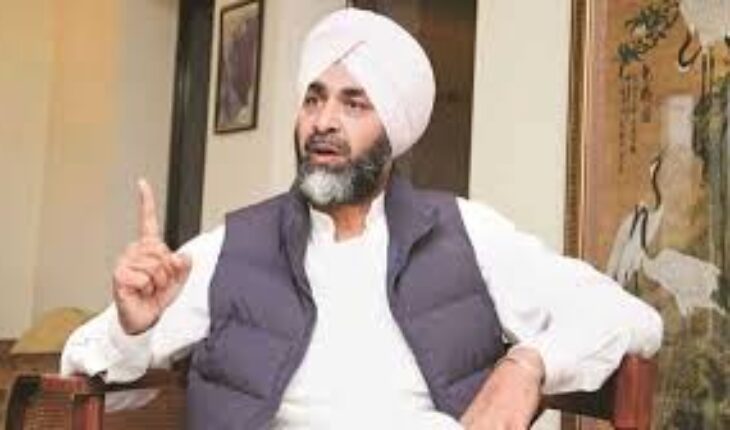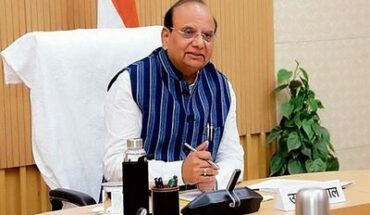Chandigarh :Accusing the NDA Government of violating the federal structure of Constitution by passing bills on items reserved on the State List, Punjab Finance Minister Manpreet Singh Badal on Friday said that Punjab alone would suffer a loss of Rs.4000 crore every year that will lead to the mass destruction of rural livelihoods, increasing farmer distress and pauperization.
Addressing the media today at Bathinda, the Finance Minister stated that the NDA government is shying away from issuing a categorical assurance to the Indian farmers that the Minimum Support Price (MSP) will remain intact. “Why is the Union Government hesitating in announcing that unlimited and uninterrupted MSP will continue?”, Manpreet Singh Badal asked.
Agriculture falls in the state list of subjects, said the minister, adding that the Union Government’s action impinges on the state’s rights. This is not the first time the NDA Government has harmed the rights of the states. Despite including a provision in the Indian Constitution regarding compensating states in case of GST revenue shortfall, the NDA government has deliberately ignored the federal fabric of the Constitution, he added.
“This is the death knell of the MSP and the Agriculture Produce Marketing Committees that have served the nation very well since the 1960’s,” Manpreet Singh Badal said.
Presenting the minutes of the meeting with the Union Government, the Finance Minister said he had raised seven issues with the Union Government. This included a categorical assurance from the Union Government that the MSP would not be removed. Other matters included the inclusion of maize within the ambit of MSP, more resources to the states for agricultural research, greater powers to the states under the Insecticide Act, and the need for further research in other crops.
He pointed out that the Agriculture Insurance Scheme is not suitable for Punjab. Further, the Union Government should always consult states when they sign agreements on agriculture issues with foreign governments.
The Finance Minister released two documents — the minutes of the meeting and the Punjab Government’s written note to the Union Government on this issue. The written note makes the position of the Punjab Government very clear, the Finance Minister added.
He also accused the Shiromani Akali Dal of duplicity. “You cannot run with the hare and hunt with the hounds,” Manpreet quipped while describing the Akali Dal position. On the one hand, they bend before the PM touching his feet, while in public they claim to confront him, he said. The Finance Minister also dismissed the Union Food Minister Harsimrat Kaur Badal’s resignation charade stating that she was present in the cabinet meeting where the agriculture ordinance was discussed. Further, when the NDA Government made the decision to present it before the Parliament, these bills were once again approved by the Cabinet, of which Harsimrat Kaur Badal is a part.
Elaborating on the provisions of the bills, the Finance Minister stated that sale and purchase of foodgrains would no longer remain the preserve of marketing yards and mandis, but they could be sold anywhere to anyone. Further, no mandi fees would be paid by the buyers. Currently, 65,000 kilometers of rural roads in Punjab are maintained with these mandi fees.
Moreover, the buyer would no longer need permission or a license, but could use the PAN card to make purchases. Additionally, in case of any dispute between the farmer and the purchaser, it would be the Sub-Divisional Magistrate (SDM) who would adjudicate. All this will lead to absolute power to the private trader at the cost of ignoring the massive marketing infrastructure that has been dutifully created during the past sixty years.






